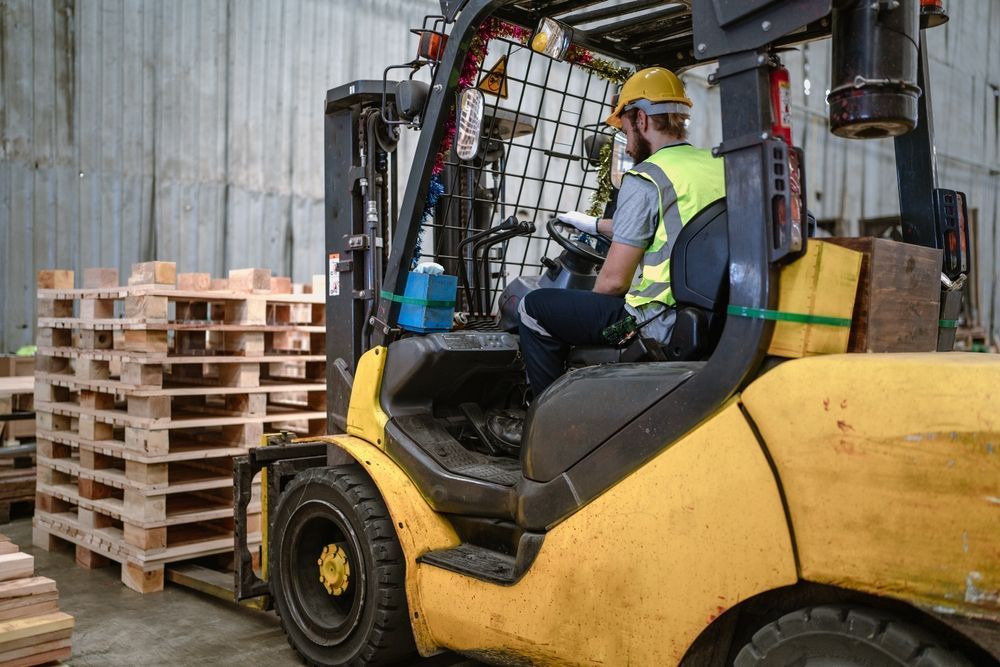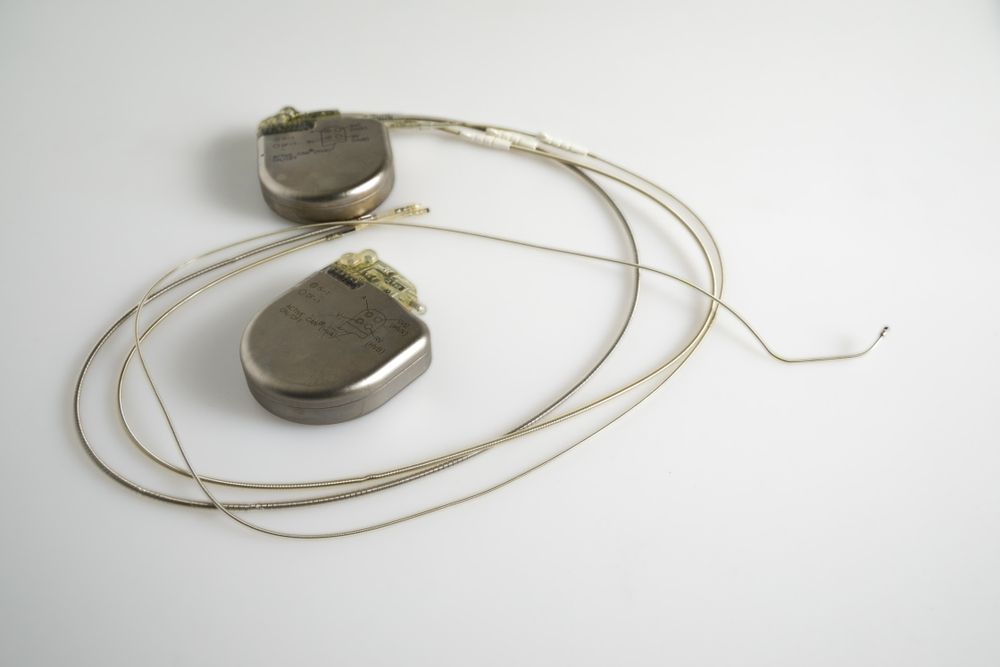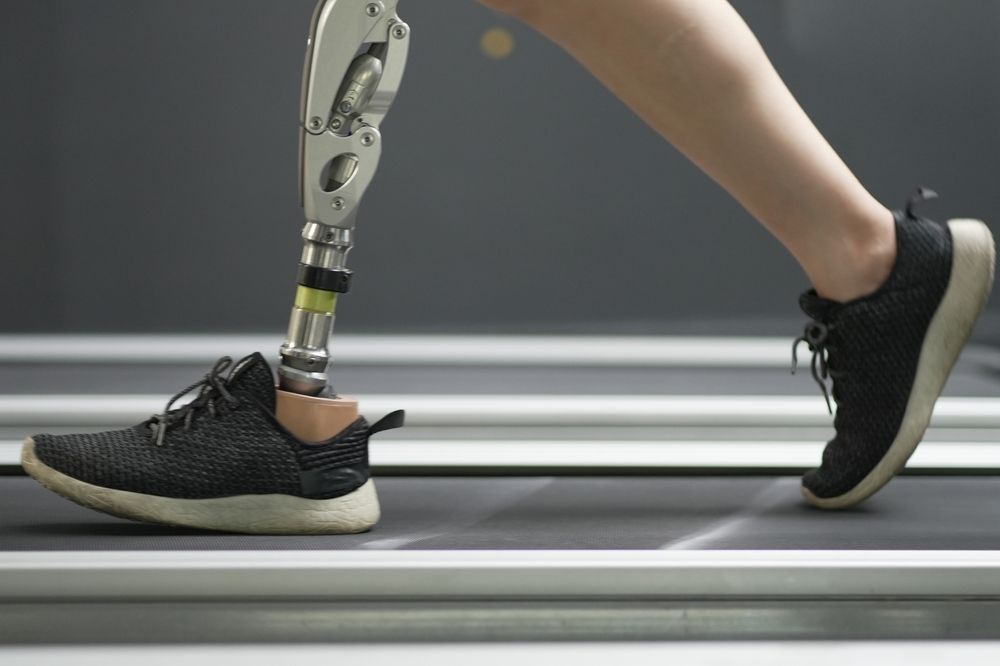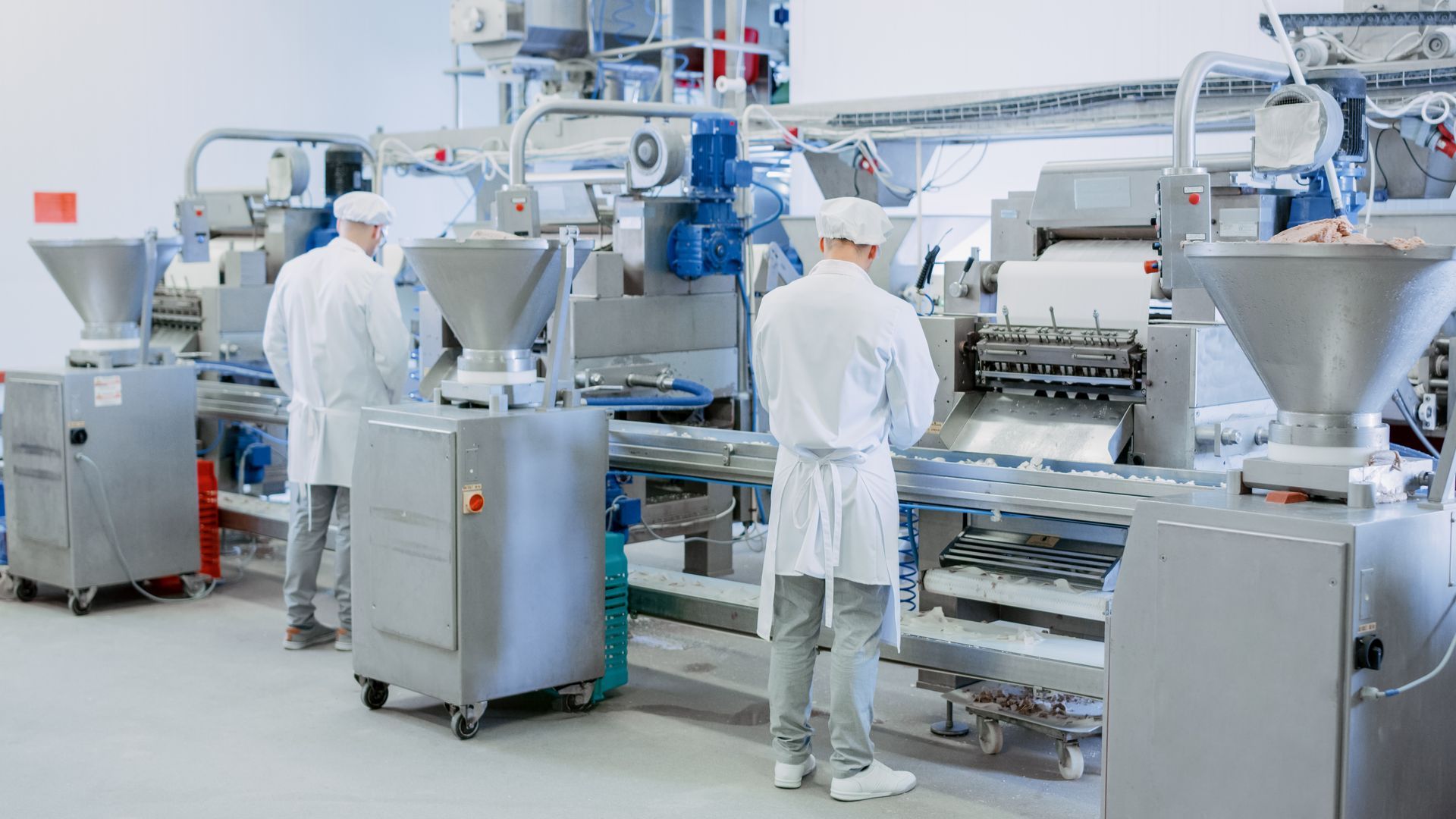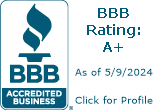Nebraska Sales Tax Exemption for Manufacturers
Written by: Mike Martin
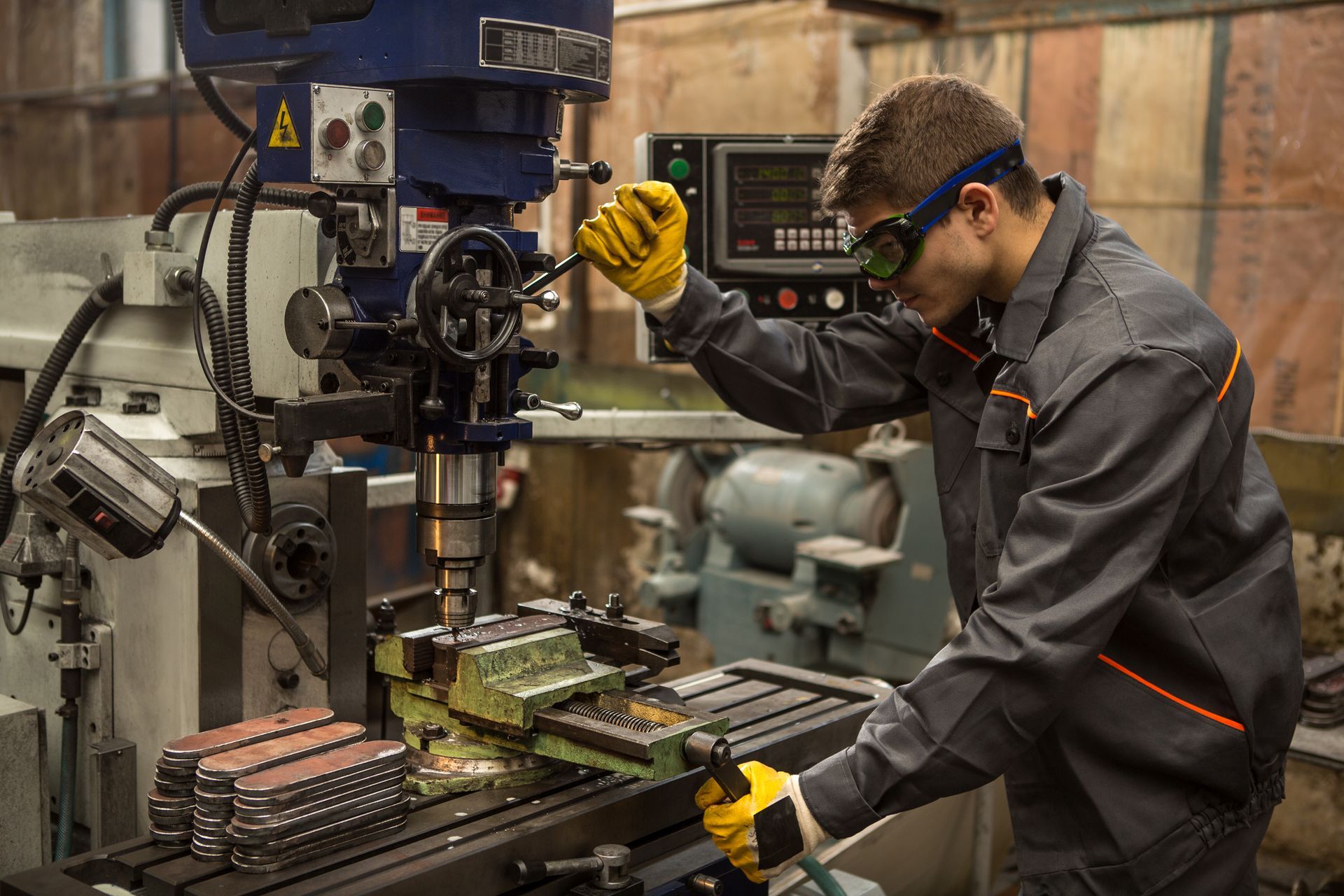
The Nebraska sales tax exemption for manufacturers applies to businesses that are involved in fabricating, assembling, processing, refinishing, or refining activities. In addition to performing any of these necessary activities, 50% or more of the manufacturer’s revenue must be generated from the sale of products resulting from these activities. Any machinery and equipment the manufacturer intends to claim must also be used 50% or more of the time performing a “manufacturing” task. However, the machinery and equipment does not have to come into direct physical contact with the tangible personal property being produced for sale in order to be considered manufacturing machinery or equipment. If the machinery and equipment meet all these requirements, then the Nebraska sales tax exemption for manufacturers will apply.
In Nebraska, manufacturing means an “action, or series of actions, performed upon tangible personal property, either by hand or machine, which results in that tangible personal property being reduced or transformed into a different state, quality, form, property, or thing.” Manufacturing requires a physical change to the tangible personal property within the process and does not simply require an increase in the value of a product without a physical change to the item in question. See both Neb. Rev. Stat. Sec. 77-2701.47 and Neb. Admin. R. & Regs. Sec. 1-107.
When Does Manufacturing Begin and End in Nebraska?
The Nebraska sales tax exemption for manufacturers covers items that are used within the manufacturing process and excludes items that are used before manufacturing commences or post manufacturing. Based on the definition provided by the Nebraska Department of Revenue, manufacturing begins with “the storage of raw materials” and manufacturing ends “after finished goods are transported to a warehouse for storage.” For example, machinery and equipment involved in the receiving of raw materials or the removal of finished goods from storage for customer delivery are not considered part of the manufacturing process and fall outside the purview of this exemption.
Items That Will Qualify for the Nebraska Sales Tax Exemption Include:
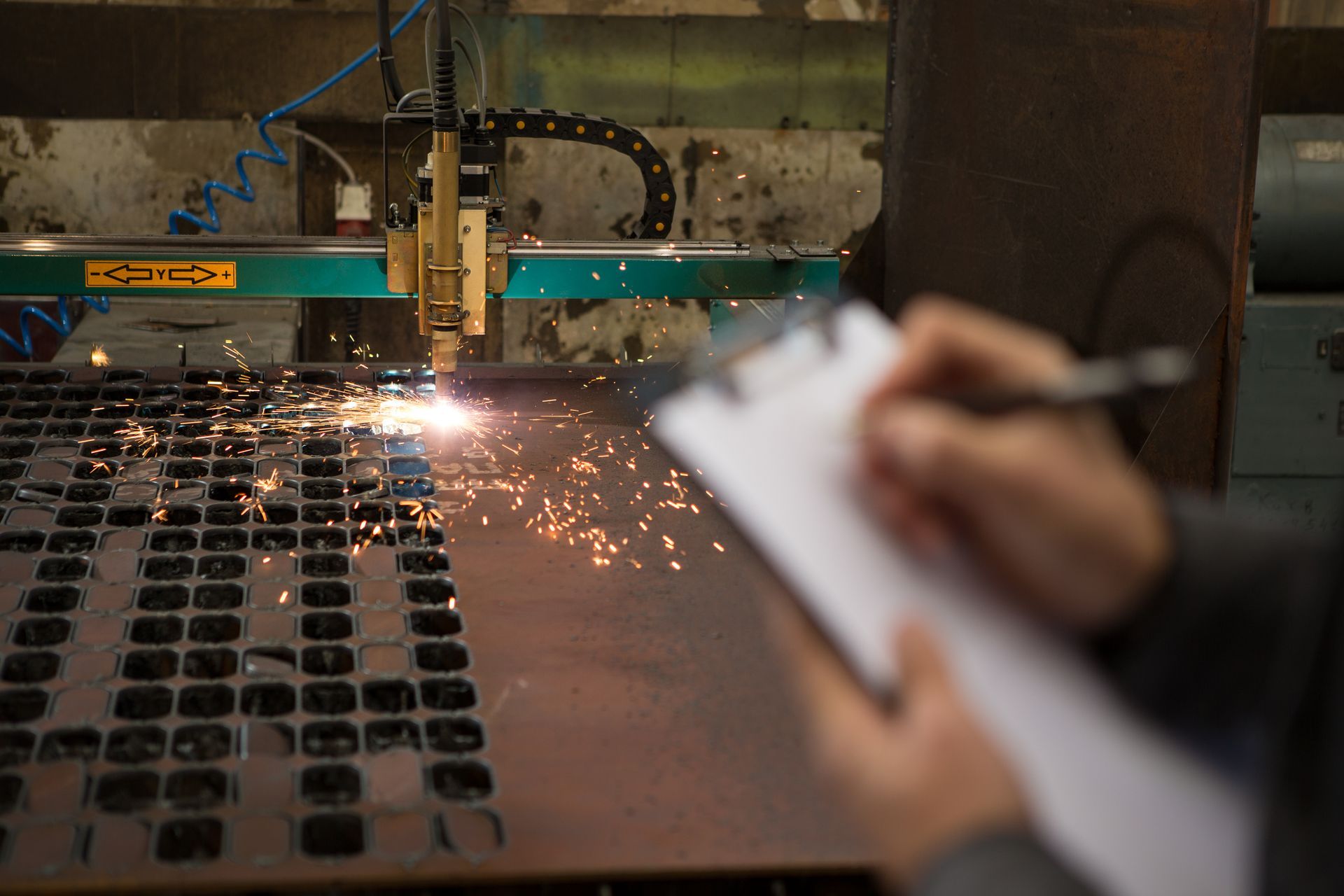
- Ingredient or component parts of the item being manufactured for sale
- Machinery and equipment used in production
- Repair and replacement parts for production machinery and equipment
- Conveyance equipment such as forklifts, overhead cranes, etc.
- Molds and dies
- Testing equipment used for quality control purposes
- Fuel (electricity, propane, diesel fuel, etc.) used for production purposes
Items That Will Not Qualify for the Exemption Include:
- Hand tools powered by solely by human effort, even if they come into direct contact with the product being manufactured
- Computers and software that are not used for manufacturing purposes
- Machinery and equipment used in research and development
- Office equipment used for administrative purposes
- Supplies and other items consumed by a manufacturer, like solvents and cutting oils
- Vehicles that are registered for operation on roads
How to Claim the Nebraska Sales Tax Exemption for Manufacturing
In order to claim the Nebraska sales tax exemption for manufacturers, the manufacturer will need to complete Form 13 “Nebraska Resale or Exempt Sale Certificate” by completing both the top section and Section B. In Section B, you will select exemption category 5 as the basis for exemption. Please note that you’ll also need to include a description of the property or service purchase and its intended use in the manufacturing process. Once you have properly completed this Form 13, you’ll need to provide it to your vendors so they stop charging you sales tax on future qualifying purchases.
How to Claim a Sales Tax Refund for Sales Tax Paid in Error to Sellers
Nebraska manufacturers are able to recover sales taxes that they have overpaid to their suppliers on exempt qualifying items directly from the Nebraska Department of Revenue by completing Form 7 – “Claim for Refund of Sales and Use Tax”. Follow the template on the second page as the Nebraska Department of Revenue requires a schedule of invoices to be in a specific format or the refund claim will be denied. The eligible lookback period to recover any overpaid sales taxes is thirty-six months. The consultants at Agile Consulting Group have experience in recovering overpaid sales taxes from the Nebraska Department of Revenue and can assist any Nebraska manufacturer with this cumbersome process.
Reach Out to Us with Questions
If you have any questions, comments or would like to discuss the specific circumstances you are encountering in regard to this issue or need assistance with a sales tax refund review or any other sales and use tax issue, please contact a member of Agile Consulting Group’s sales tax consulting team at (888) 350-4TAX (4829) or via email at info@salesandusetax.com.

Mike Martin
Mike began his career in Indirect Tax with the Florida Department of Revenue in 1992, conducting compliance audits in Miami. He later transitioned to consulting and moved to Birmingham, AL, with his wife and their 3 dogs, where he worked with manufacturing clients and started his own consulting companies specializing in tax recovery projects.

